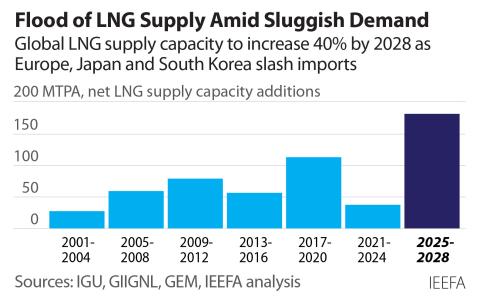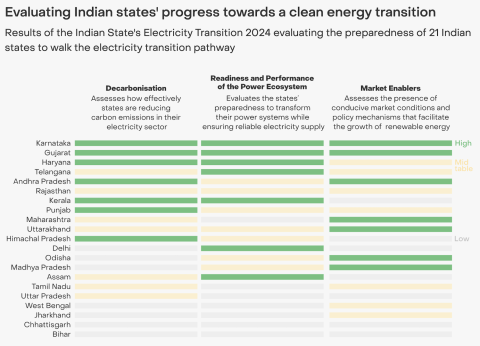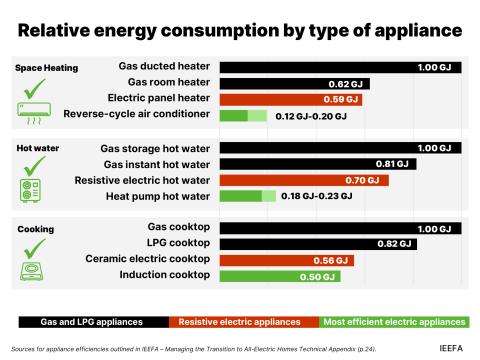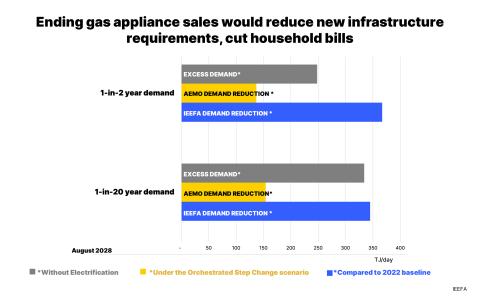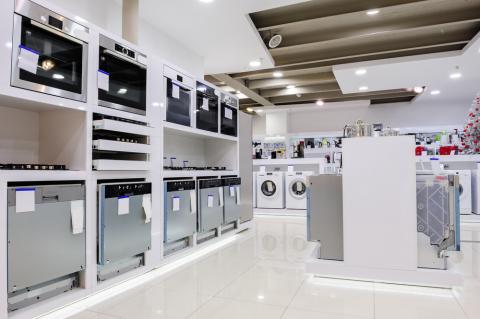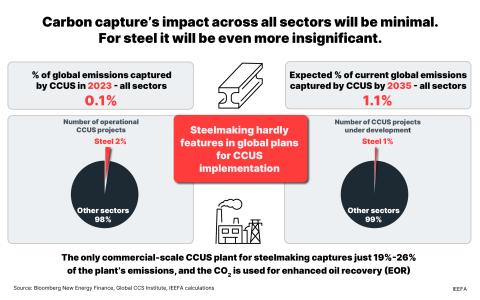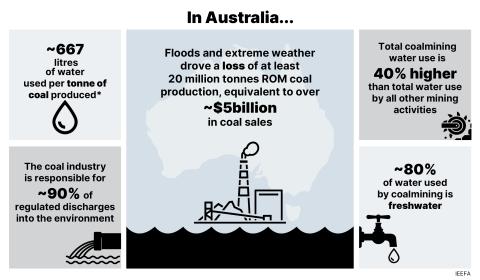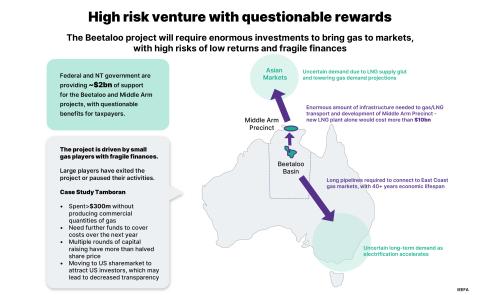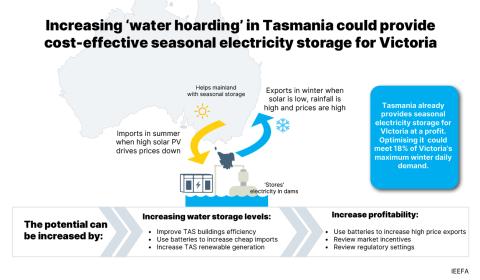IEEFA Europe: ČEZ Group lays out decarbonisation plan, but is it ready?
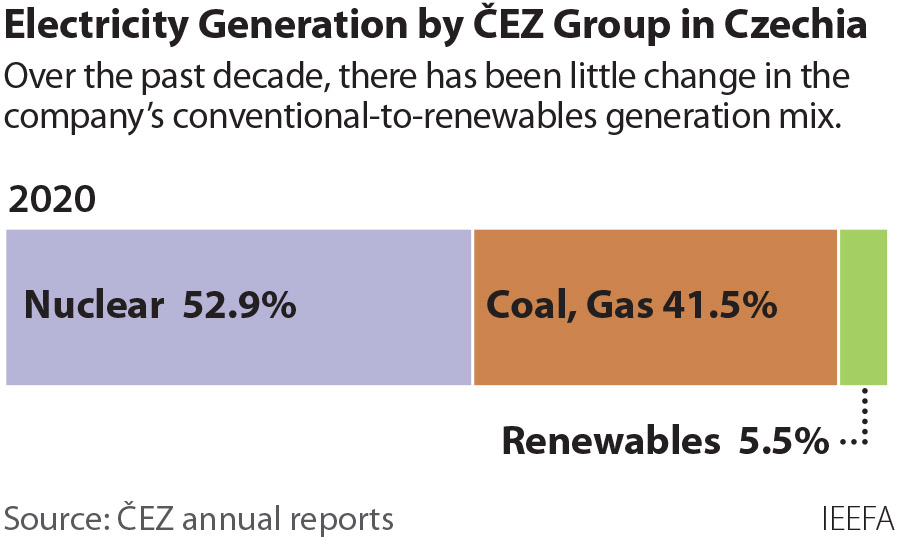
20 Jan. 2022 (IEEFA Europe) – After a decade of missed opportunities, ČEZ Group (ČEZ) finds itself playing catch-up on renewable energy, according to a report by the Institute for Energy Economics and Financial Analysis (IEEFA).
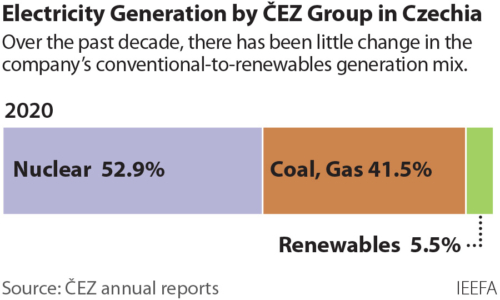 ČEZ, the largest energy group in Czechia and one of the largest energy groups in Central and Eastern Europe, announced a new strategy in 2021 to decarbonise its power generation.
ČEZ, the largest energy group in Czechia and one of the largest energy groups in Central and Eastern Europe, announced a new strategy in 2021 to decarbonise its power generation.
The plan includes constructing 6 gigawatts of renewables by 2030, phasing out coal by 2033 (to comply with the recently announced government decision) and building a new nuclear power plant by 2037.
“Nuclear power plants tend to be fraught with delays,” said Mihaela Grubišić Šeba, an IEEFA Europe energy finance analyst and the report’s lead author. “Additionally, ČEZ owns a very small share of the domestic renewables market. It raises questions about how realistic the strategy of building a nuclear power plant is in the stated time frame.”
The IEEFA report addresses the viability of the plan and its financial risks, resulting in several key findings.
“With the absence of state support, ČEZ has failed to build out domestic renewables capacity,” said Arjun Flora, the report’s co-author and IEEFA Europe’s director of energy finance studies. “After a decade of complacent management and strategy, ČEZ finds itself behind in the energy transition with significant challenges to overcome.”
Under the ČEZ investment plan, the proposed nuclear power plant would be commissioned in 2037, four years after the coal phaseout. The plan could lead to a downgrade of ČEZ’s credit rating, especially given the likelihood of construction delays and cost overruns.
“The decarbonisation plan’s financial risks outweigh its benefits for ČEZ and Czechia’s residents,” said Grubišić Šeba. “Our findings suggest it may be more effective to be more aggressive on utility-scale solar photovoltaics than planned, which would be more cost-effective in the context of the company’s proposal.”
IEEFA’s report raises questions if ČEZ is ready for decarbonisation under its investment proposal and offers an alternative with lower financial risks.
Full Report: Is ČEZ Ready for Decarbonization?
Full Report (Czech): Je ČEZ připraven na dekarbonizaci?
Press Release (Czech): Skupina ČEZ předkládá plán dekarbonizace, je ale připravena k jeho realizaci?
Author Contacts:
Mihaela Grubišić Šeba ([email protected]) is an IEEFA Europe energy finance analyst.
Arjun Flora ([email protected]) is IEEFA Europe’s director of energy finance studies.
Media Contact:
Vivienne Heston ([email protected]) is IEEFA’s strategic communications director.
About IEEFA: The Institute for Energy Economics and Financial Analysis (IEEFA) examines issues related to energy markets, trends and policies. IEEFA’s mission is to accelerate the transition to a diverse, sustainable and profitable energy economy.



